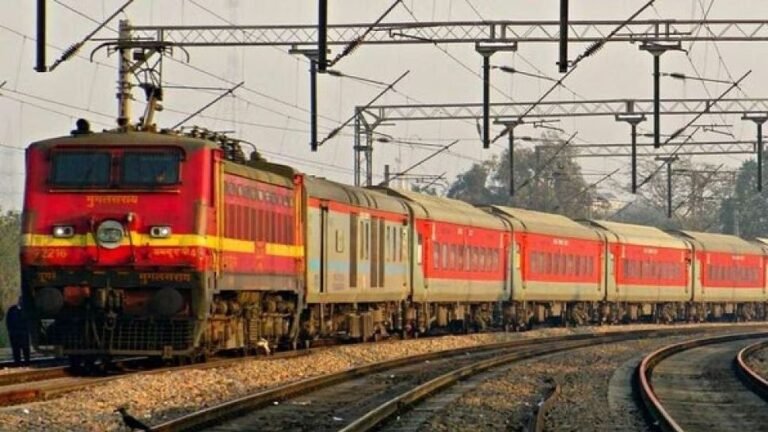
Public spending processes need to be reformed after the Royal Audit Authority (RAA) exposed large sums of money in unnecessary spending. The 2023–24 Annual Audit Report shows a trend of poor oversight, bad planning, and poor management. When investments don’t yield the desired results, money is misused and wasteful spending happens. The study identifies shortcomings in a number of industries, including idle infrastructure and medical equipment, which point to a structural inability to match investments with practical requirements. These occurrences are a part of a larger inefficient trend.
Inadequate planning and stakeholder consultation are to blame for the resource waste in projects like the Khoyar office building and the Trongsa crematorium. Due to location disputes, the development of these projects, which cost Nu 12.096 million, has not been fully exploited. In order to achieve efficient resource allocation, early and inclusive consultations are necessary, as demonstrated by the absence of integrated planning in projects like the building of a farm road from Surpang to Oilingbee.
To overcome obstacles, public institutions need to embrace a culture of responsibility, well-informed decision-making, and strict scrutiny. A strong accountability structure, regular audits, stakeholder involvement, requirements assessments, and feasibility studies are all crucial. Decision-makers who waste money must be held accountable in order to discourage similar mistakes in the future. The efficiency of public spending will be improved by capacity building and training authorities in project execution, risk management, and planning. Because resources are limited, every opportunity lost is a chance to further development and enhance lives. To guarantee the prudent and responsible use of public monies, systemic changes are required.



